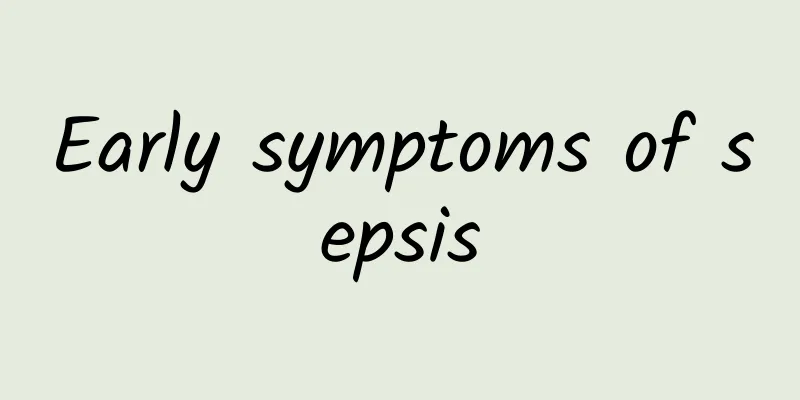After the fever subsided, the rash continued to cry

|
It is inevitable for young children to have a rash, but many children have a fever after the rash subsides. What happened to him that he kept crying afterwards? Generally, infants who develop roseola are between six months and one and a half years old. At this time, their organs are developing and their resistance is weak. They may have convulsions due to high fever. If they continue to cry, you should also pay attention to the occurrence of other diseases. It is best to see a doctor for a detailed examination.Roseola infantum mostly occurs in infants and young children aged 6 to 18 months. The disease often develops suddenly, with a rapid rise in body temperature, usually between 39°C and 40°C. Severe patients with high fever in the early stages may have convulsions, and some may experience mild runny nose, cough, eyelid swelling, and conjunctivitis. During the fever period, there are symptoms such as poor appetite, nausea, vomiting, mild diarrhea or constipation, as well as congestion in the pharynx and swollen lymph nodes in the neck. After three to five days of fever, the body temperature drops suddenly. After the fever subsides, the child may develop light red macules or maculopapules of varying sizes all over the body, starting from the chest and abdomen and quickly spreading to the whole body. At this time, the child's fever has subsided and he can fall asleep peacefully. This is medically called "fever rash", which is a unique manifestation of roseola infantum. When sick, children should stay in bed to rest, try to avoid outdoor activities, and pay attention to isolation to avoid cross infection. When children have a fever, they should be given plenty of water, easily digestible food, and appropriate supplements of B vitamins and vitamin C. If the child has a high temperature and is crying, fussy, etc., physical cooling can be given. When the body temperature exceeds 38.5℃, children should be given antipyretics to avoid febrile convulsions. If the child has been diagnosed with roseola infantum and the child's mental state is relatively good, parents can rest assured to take care of the child at home without having to run to the hospital again and again. If you have roseola infantum, you must go through a few days of high fever, the fever subsides, and the rash appears. Taking a sick child to the hospital repeatedly is not only unhelpful, but may also cause cross infection and complicate the condition. Also, do not give your child medicine randomly to avoid adverse drug reactions and worsening of the condition. Special reminder: ◆Roseola infantum is caused by a viral infection and is a self-limiting disease. Antibiotics are not required for its treatment. As long as care is strengthened and appropriate symptomatic treatment is given, the disease will improve on its own after a few days. ◆When a child has a persistent high fever, is in poor spirits, has convulsions, frequent vomiting, dehydration and other symptoms, parents should take the child to the hospital in time to avoid damage to the nervous and circulatory systems. During the period of roseola, babies must be well cared for and they must be comforted to avoid aggravating the disease. |
<<: How to reduce fever quickly when baby has fever
>>: How to treat headaches caused by lack of sleep?
Recommend
What causes blood clots during menstruation? How to treat it?
Menstruation is a normal physiological cycle symp...
What should men eat when they have both yin and yang deficiency?
Simply put, male yin and yang deficiency is kidne...
What causes black, dry and hard stools?
If the stool is black, dry and hard, you should p...
What causes cervical pain?
For female friends, cervical health is directly r...
Having a healthy baby all depends on pregnancy preparation. Are you really ready?
In order to give birth to a healthy baby, in addi...
What to do if jj hurts
For male friends, they will always encounter some...
Vascular headache
Headache is not a serious disease, but it can be ...
What causes cold pain in the calves
If you experience cold and painful calves, you sh...
Can nail melanoma be cured?
Melanoma scares many people. This disease is very ...
Chinese herbal tea to boost immunity
When the resistance and immunity are improved, it...
Chinese medicine differentiation of cheilitis
Cheilitis is an inflammatory disease that occurs ...
What is Ten Drops of Water?
Shi Di Shui is a common medicine. It is a clear l...
What are the topical medications for the treatment of hemorrhoids?
Hemorrhoids are a disease with a very high incide...
Why does the cervical vertebra turn black and purple after cupping?
For patients with cervical spondylosis, cupping i...
What is the difference between vomiting blood and blood in the stool? Causes of vomiting blood
Vomiting blood and blood in the stool are common ...









